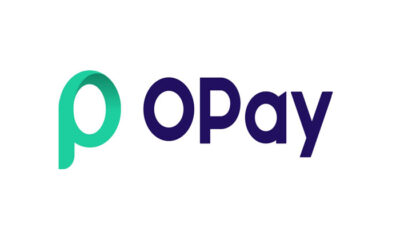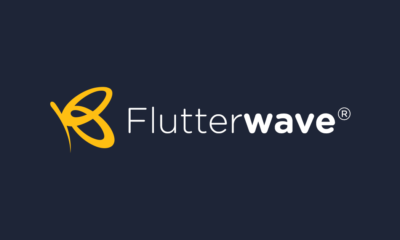The ongoing cash crunch in Nigeria as a result of the Central Bank of Nigeria’s (CBN) naira redesign policy has seen Fintechs and Supermarkets record massive gains.
The naira crisis and failure of banks to rise to the occasion have prompted a lot of individuals to resort to various fintech to carry out transactions.
While several bank apps became increasingly erratic, that transfers that were usually done in minutes took days to reflect, this prompted a huge migration of users to fintech platforms which onboarded many users thereby increasing their customer base despite the cash crisis.
These fintechs were reported to enable users, especially businesses carry out seamless transactions void of failed transactions which saw netizens give positive reviews about some of them on social media.
A large percentage of users disclosed that while using some of these fintechs to carry out transactions, they do not have to worry about network issues as the apps are always available 24/7. They also lauded them for offering relief to Nigerians, especially at a time of unprecedented transaction failure.
It is interesting to note that Fintech startup Opay which gained widespread adoption during this cash crisis, recently expressed appreciation to its millions of users over the increased usage of its platform in the last 3 months.
The payment and financial service company disclosed that its customer base crossed over 30 million registered app users, as well as 500,000 agents and 100,000 merchants. Also, while several businesses have lamented low sales as a result of the cash shortage, reports reveal that supermarkets across the nation have recorded massive gains during this period.
Following the difficulty involved in getting cash, individuals have continued to flood supermarkets as they have now resorted to buying things from these places where they can easily use their ATMs for payment.
Investors King reports that various malls/ supermarkets such as TwinsFaja, Jendol, Shoprite, Grocery Bazaar, etc have been overwhelmed with long queues of customers.
The recent cash crunch which is affecting businesses across the country has not only crippled economic activities but has become a major threat to the livelihoods of Nigerians.
With the endless complaints that have trailed this new policy, several interest groups under the aegis of the organized private sector of Nigeria have voiced their discontent over the government’s handling of the redesign of new naira notes, which birthed the current naira crisis that has hit every nook and cranny of the country.
In a bid to ease the cash crunch in the country, the Central Bank of Nigeria has recently ordered banks to pay out old notes to customers.
Recall that in a bid to reduce the amount of cash circulation outside the banking system as well as promote a cashless policy in the country, the Central bank of Nigeria on October 2022 announced the redesign of the higher denomination of the currency (N200, N500, and N1,000).
Meanwhile, the fallout of the cashless policy proved disastrous, with far-reaching socioeconomic consequences. Analysts disclose that the federal government and the CBN underestimated the cost-benefit side, which is now causing large-scale disruptions in the economy and loss of productivity.


 Naira4 weeks ago
Naira4 weeks ago
 Billionaire Watch4 weeks ago
Billionaire Watch4 weeks ago



 Naira4 weeks ago
Naira4 weeks ago






 Naira4 weeks ago
Naira4 weeks ago


 Naira3 weeks ago
Naira3 weeks ago






 Naira3 weeks ago
Naira3 weeks ago
 Economy4 weeks ago
Economy4 weeks ago


 Naira3 weeks ago
Naira3 weeks ago



















